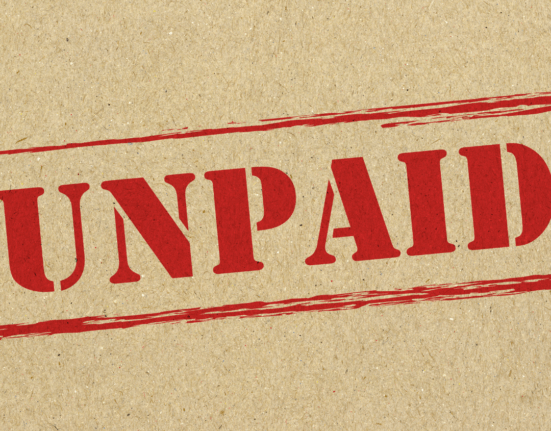The banking and overall financial sector is a mess right now. With banks closing and depositors nervous and overall financial angst what can we small businesses do?
- Reduce your expenses.
- Invest in growth.
- Build cash reserves.
- Get closer to your customers.
- Look for opportunities to leverage your network.
The WSJ had an article about how small businesses banking could be hurt as the banking industry shifts. This led me to ask our editorial team to help give some further guidance and input on this topic.
The 2008 financial crisis left a profound impact on the global economy. The banking sector, in particular, faced major challenges, with several institutions being deemed “too big to fail.” However, while many large banks have since recovered, the fallout from the crisis continues to affect small businesses.
An article from the Wall Street Journal titled “Why the Banking Mess Isn’t Over” highlights the ongoing challenges that small businesses face when it comes to obtaining loans and accessing financial services. While the article focuses on the broader banking industry, the impact on small businesses cannot be overstated.
Small businesses are the backbone of the American economy, accounting for over 99% of all businesses in the country. However, despite their critical role, these businesses have historically struggled to access capital from traditional banking institutions. The 2008 financial crisis only exacerbated this issue, with many banks tightening lending standards and reducing the availability of credit.
Alternative sources of funding
As a result, small businesses have been forced to turn to alternative sources of funding, such as online lenders, crowdfunding platforms, and merchant cash advances. While these options can be useful for some businesses, they often come with higher interest rates and fees, making them less attractive than traditional bank loans.
Furthermore, the ongoing banking mess has also made it difficult for small businesses to access other financial services, such as merchant accounts, credit cards, and lines of credit. Banks are still wary of taking on risk, which means that many small businesses are left without the financial tools they need to grow and thrive.
Rural areas and low-income communities
The impact of the banking mess is felt most acutely by small businesses in rural areas and low-income communities. These businesses often have fewer options when it comes to obtaining capital and financial services, which means that they are more likely to be shut out of the market entirely.
While some banks have taken steps to address the issue, such as increasing lending to small businesses and investing in fintech solutions, much more needs to be done. Regulatory reforms are needed to ensure that small businesses have fair access to financial services, and banks need to step up their efforts to support small businesses and invest in their growth.
Diversifying sources of funding
The banking mess also highlights the importance of diversifying sources of funding for small businesses. While traditional bank loans may be the most attractive option, they are not always available. As such, small businesses should consider alternative funding sources, such as grants, venture capital, and angel investors. These options may come with their own set of challenges, but they can provide small businesses with the capital they need to grow and succeed.
Another option for small businesses is to explore fintech solutions. Fintech companies are leveraging technology to create new financial products and services, many of which are designed specifically for small businesses. These solutions can be more affordable, more accessible, and more tailored to the unique needs of small businesses.
Overall, the banking mess is far from over, and small businesses are still feeling the impact. However, there are steps that can be taken to address the issue and ensure that small businesses have fair access to financial services. From regulatory reforms to alternative funding sources to fintech solutions, there are plenty of options available for small businesses looking to navigate the current financial landscape.
In conclusion, small businesses are a critical part of the American economy, and their success is essential to the country’s overall prosperity. However, the ongoing banking mess continues to pose challenges for these businesses, making it difficult for them to access the capital and financial services they need to grow and thrive. While there are no easy solutions, regulatory reforms, alternative funding sources, and fintech solutions can all help to mitigate the impact of the banking mess and ensure that small businesses have fair access to financial services. By working together, banks, regulators, and small business owners can create a more equitable financial landscape that supports the growth and success of small businesses across the country.
Related Article:







